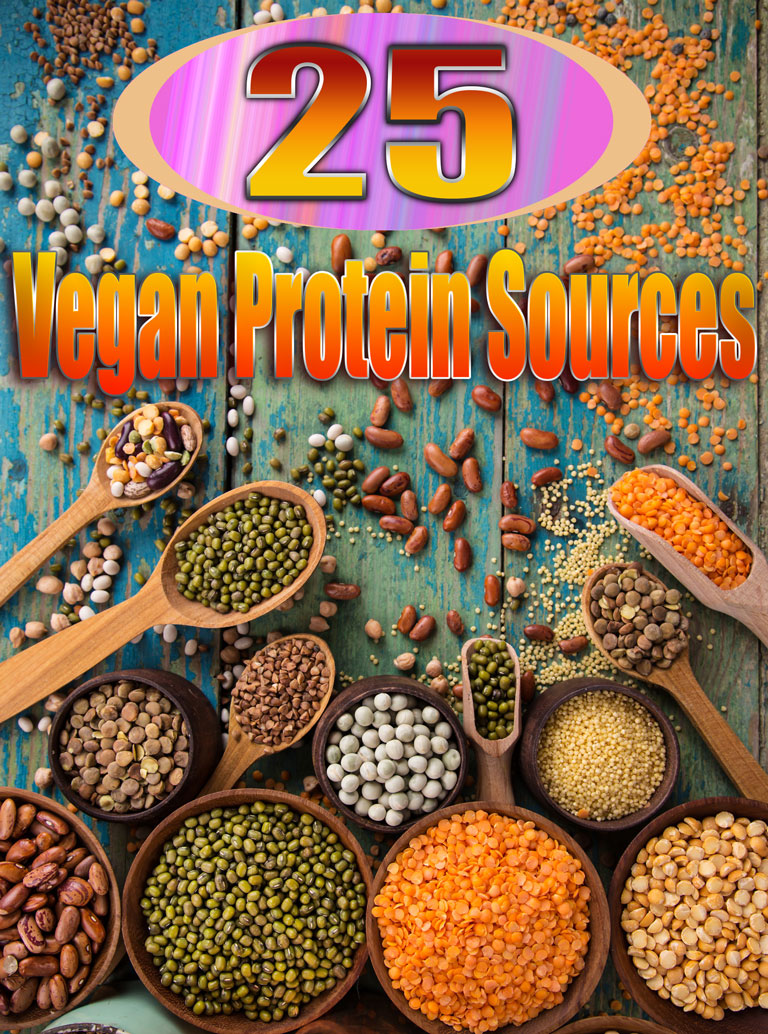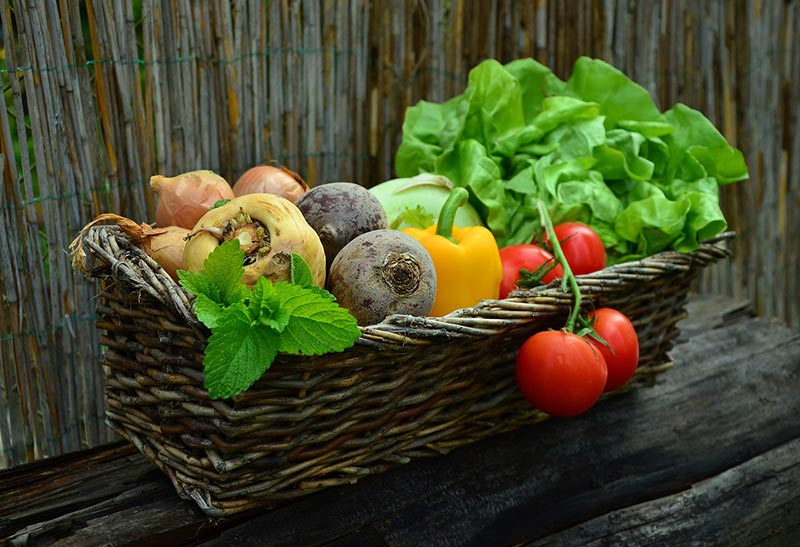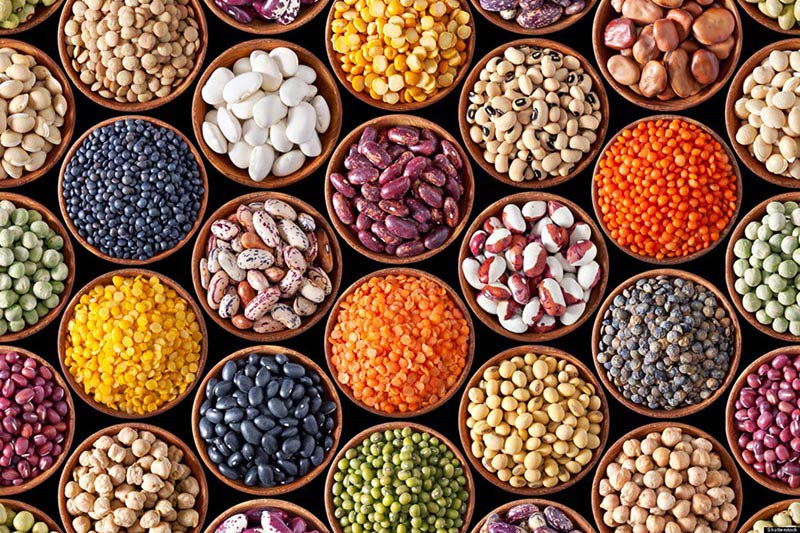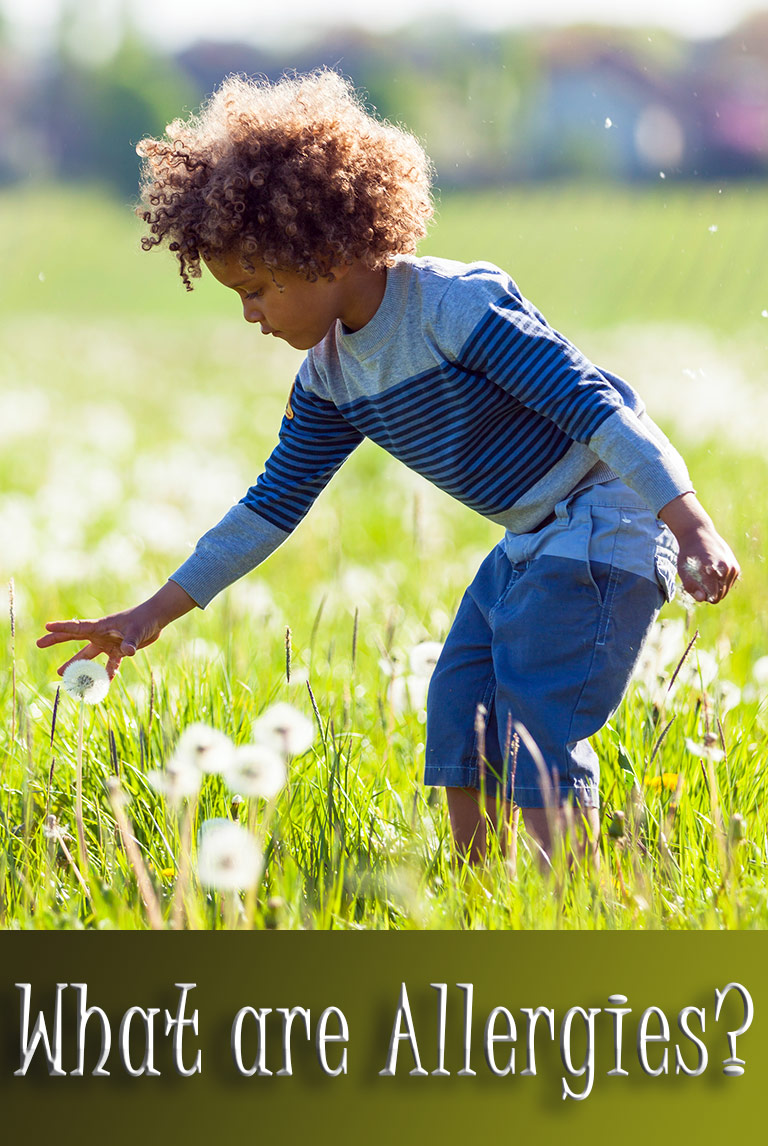
If you’ve been vegan for any length of time, there’s a pretty good chance that someone’s asked you the ubiquitous question, “How do you get enough protein?”
It’s a common misconception that you need animal products to get enough protein into your diet. In fact, many plant foods are loaded with protein, and if you incorporate 2-3 protein sources into each meal, chances are your protein levels will be a-OK.
Need proof that vegans aren’t hurting for protein? Just take a look at the recent popularity of veganism among bodybuilders! When you’re doing heavy weight training like bodybuilders do, you need to take in a lot more protein than the average recommendations. If it was that hard to get enough protein on a vegan diet, chances are we wouldn’t see so many bodybuilders talking about the benefits of a vegan diet!
The amount of protein you need in your diet depends a lot on your body weight and what activities you do. Americans in general eat far more protein than we need each day.
The RDA for protein is .8 grams per kilogram of body weight. So, if you weigh 140 pounds, you’d need 51 grams of protein per day (140 pounds = 63.5 kg, and 63.5 X .8 = 50.8). Here are some general guidelines:
Weight Protein needed per day
- 100 lbs 36 grams
- 125 lbs 45 grams
- 175 lbs 63 grams
- 200 lbs 72 grams
Like I mentioned above, you just need a couple of protein sources at each meal, and you’re golden. Depending on the protein sources you choose, you can even have just one source at a meal, if it’s high in protein. What I don’t want to do is confuse this idea with protein combining, a common practice that is totally unnecessary.
The Myth of Protein Combining
You can probably track the idea of protein combining back to the book Diet for a Small Planet. The idea is that plant foods don’t contain “complete” proteins, and you need to combine certain plant foods at each meal to make sure you’re getting enough complete proteins.
Proteins contain amino acids, which are necessary for good health. There are nine amino acids that our bodies need to function, and animal products contain all nine. However, most plant-based protein sources are missing one or two amino acids, and different ones are missing different amino acids.
What makes a good myth is a kernel of truth, right? It’s true that you need to eat a variety of proteins to make sure you’re getting all of the amino acids your body needs, but it’s not as hard as protein combining methods make it seem. You don’t need all nine at the same meal, and it’s even OK if you don’t get them all every single day. If you stick to a variety of protein sources, like the ones below, you’ll be golden. Hey, maybe you’ll even try your hand at bodybuilding!
25 Vegan Protein Sources
There are plenty of vegan protein sources, and if you make sure to eat a variety of these throughout the week, you won’t need to worry about getting enough protein!
I understand that not everyone is going to eat all 25 of these. This list is a jumping off point to give you some options to get going. Beans, whole grains, and even fruits and veggies contain protein, so if your favorite foods aren’t on this list, I suggest using a resource like the USDA Nutrition Database to check out their protein contents.
- Tempeh – 41 g per cup
- Lentils – 18 g per cup
- Plain soymilk – 11 g per cup
- Edamame – 20 g per cup
- Black beans – 15 g per cup
- Seitan – 19 g per 3 ounces
- Tofu – 20 g per 1/2 cup
- Peas – 9 g per cup
- Brown rice – 5 g per cup
- White rice – 4 g per cup
- Cooked broccoli – 4 g per cup
- Sunflower seeds – 6 g per 1/4 cup
- Quinoa – 9 g per cup
- Cooked spinach – 5 g per cup
- Avocado – 4 g per cup
- Whole grain bread – 7 g in 2 slices
- Cashews – 5 g per 1/4 cup
- Cooked semolina pasta – 8 g per cup
- Chia seeds – 5 g per 2 tablespoons
- Flax seeds – 4 g per 2 tablespoons
- Bulgur – 5.5 g per cup
- Peanut butter – 8 g per 2 tablespoons
- Sunflower seed butter – 5.5 g per 2 tablespoons
- Baked red potato – 3 g per cup
- Millet – 6 g per cup, cooked
Of course, this isn’t an exhaustive list, and I’d love to hear from you guys! What plant-based foods do you rely on for protein?






Leave a Reply